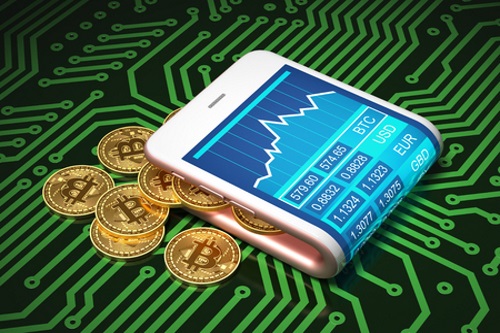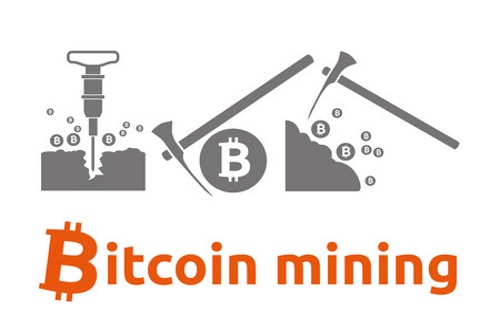
Choosing a Bitcoin Wallet
If you’re going to be buying and using Bitcoin, you will need a wallet to store them in. Bitcoin wallets come in a number of different varieties, and before you sign up for one and start using it, it’s very important that you know what the different types are, what their functions and utilities are, and whether or not they fit your goals for Bitcoin usage.
Let’s break it down quickly and give an overview of what each of the major types of wallet is, and what they can do for you.
Mobile Wallet
The mobile wallet is perhaps the most prevalent type of Bitcoin wallet out there. They can be downloaded right onto your smartphone, and they do have a lot of cool features. These are really good for small transactions, but much like your normal wallet, you don’t want to have too much in your mobile wallet at any one time. These are considered to be low security wallets, and they are much easier to hack than other types of wallets. Think of it like being pickpocketed, but from a digital thief. They’re great for going places and paying for things on the go, but not great for storing more than a hundred bucks or so at a time.
Bitcoin Bank
A Bitcoin bank is a really easy place to store bitcoins and they give you fast access if you wish to buy, sell, or spend BTC. The downside is that you do not gain access to private keys. Instead, these are stored within the bank, encrypted. For some people, that’s not an issue, but for others it is. Most experienced Bitcoin traders treat these as a transition tool, but don’t find any real utility from Bitcoin banks.
Hardware Wallet
A hardware wallet is the safest when it comes to security, but they offer no mobile benefits. Think of this as a computer, but without any internet connection. You can go into the hardware and place or retrieve your BTC, but it must be done in person, usually through a USB port. For storage of coins that you want to keep off the grid, this is a perfect solution. Starting prices for these are usually around $60 USD.
High Privacy Wallet
A high privacy wallet is a good choice for those who want to stay as far off the grid as possible. Many of these even have offline storage, which is great for those that value safety and privacy. There are many different variations of these, and some have more flexibility than others. Some allow you to join coin mixing groups, too. This can be a good long term solution for storage, but it’s certainly not the only choice.
Full Wallet
A full wallet allows you to copy the blockchain and you can act as a peer to peer “node” for the Bitcoin community. This is a type of Bitcoin mining, and over the long run, many Bitcoin enthusiasts have found this to be a profitable venture. There are a few different full wallets out there, with slightly different policies.
Paper Wallet
Storing your BTC in a paper fashion seems odd for some because this is a techno-currency, but it is possible to print out the information that you want through a paper wallet generator. This is a safe way to store your Bitcoins long term (you can’t hack paper!), but as you can imagine, if the paper is destroyed, you lose what you’ve stored. If you go with this option, be sure to keep your papers in a fireproof and very safe place. If you wish to buy BTC and hold it for a few years, this can be a great choice.
Finally, don’t forget that you can have more than one wallet. In fact, that’s becoming more and more of a trend these days. Many Bitcoin users have their mobile wallet right on their cell phone, and then have a more secure wallet (often a hard drive) at home. Any combination that helps you to do what you need to do, and stay safe in the process, is completely acceptable.
And don’t forget to familiarize yourself with all of the rules and regulation specific to the wallet(s) that you decide to go with. Being aware of the rules, and the timeframes for which transfers and transactions will take place will help make your Bitcoin experience a much smoother one.


